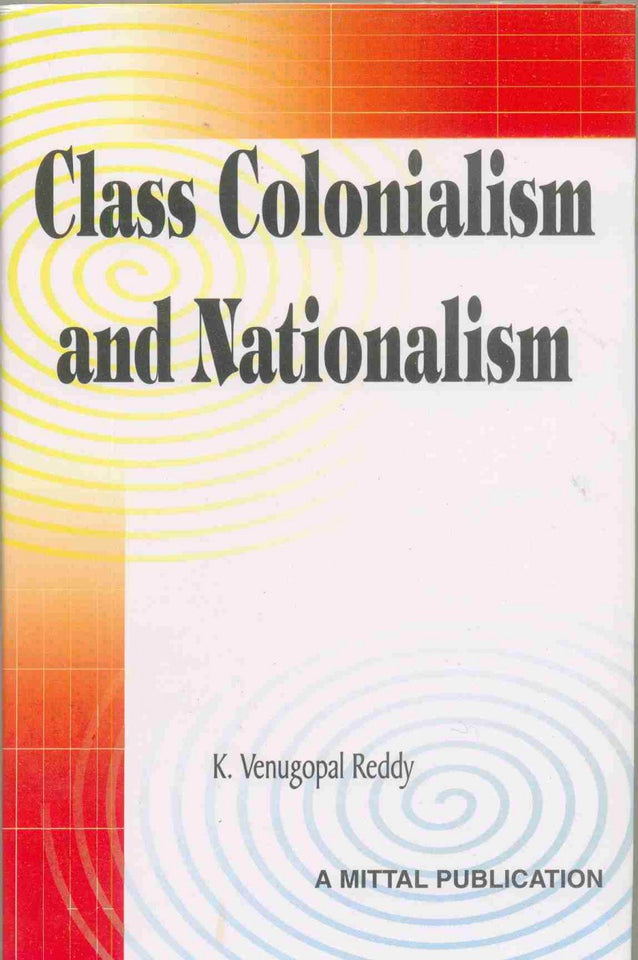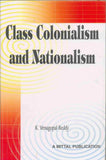Class, Colonialism and Nationalism
Regular price
Rs. 495.00
The book explains critically the process of formation of the industrial workers into a class and mobilisation of this class in support of the nationalist movement in the Madras Presidency during the period, 1928-1939. It highlights the role of the social and economic milieus, the Indian National Congress, the working class organisations, the radical literature, the radical press and the repressive measures of the Colonial State in influencing the class consciousness and promoting the nationalist spirit among the workers. The rising consciousness of the working class expressed itself in the form of a series of prolonged strikes in Textiles, Jute, Sugar, Tobacco Railways and the other unorganised industries. The book also analyses the relationship between the working class movement and the struggle for freedom. It focuses on the different forms of working class participation in the national struggle. It probes into the question of why and how the working class most actively participated in the ongoing national movement. It delineates the labour policy of the first Congress Ministry and its attempts to bring forward some labour welfare measures in the presidency. The book is mostly based on unpublished documents, contem-porary news papers, oral evidences and official publications. It will be quite useful to all those interested in the history of working class movements and the nationalist movement in India.
Dr. K. Venugopal Reddy (b. 1962) was educated at Jawahar Bharathi College, Kavali. He had obtained M.A. and M.Phil degree from University of Hyderabad, Hyderabadn and Ph.D. degree in (1992) from Jawaharlal Nehru University, New Delhi. He has worked as Research Associate of UGC at the Department of History, Andhra University, Visakhapatnam (A.P.) from 1995-1999. He is at present teaching history at Dr. L.B. Degree College, Visakhapatnam.
Guaranteed Safe Checkout





